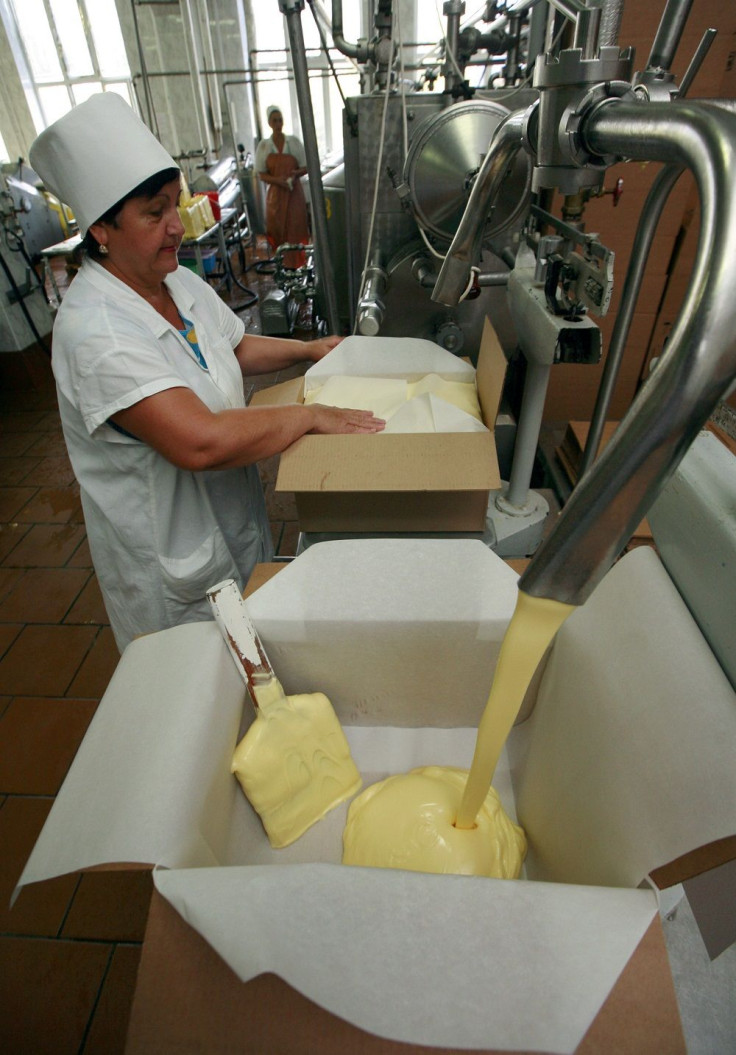World butter shortage: What it means for Melbourne's pastry community

Melbourne's bakers fear that global butter shortage could continue to churn. The butter-fingered pastry community is worried, while France describes the situation as the worst butter shortage since World War II
Lune Croissanterie’s Kate Reid said that once the butter shortage affects businesses, it will do so in a "big way." According to Reid, they do not only depend on Australian dairy, but also on France.
Reid was expecting her butter supplier to pass on any price rises. She promised not to switch butter only to keep prices low.
"I'm not prepared to compromise the quality of our ingredients because of cost," she said, according to The Age, adding that Lune Croissanterie is based on quality, not on mass output. The patisserie churns out 8,500 croissants weekly. The butter comes from Isigny-sur-Mer in northern France.
Reid has opened up to the New York Times about her business. An article titled “Is the World’s Best Croissant Made in Australia?” declared that Lune’s “classic beurre” croissant, “with its holy balance of buttery heft and feathery flake, may be the finest you will find anywhere in the world, and alone worth a trip across the date line.” Reid made a pilgrimage to Du Pain et des Idees and told the owner that she had come to Paris in search of his pastries.
Butter shortage
Tony Smith, executive officer of the Baking Association of Australia, said that two things could happen amid the reported butter shortage. Businesses could either be forced to lift prices of products or stop producing more butter-heavy baked goods.
But for some businesses, like those making croissants or Danish pastries, there might no substitute as their recipes carry a high volume of butter. Smith recognised that these businesses need butter.
Meanwhile, Dairy Australia senior analyst John Droppert said there had been a 60 percent rise in commodity prices for butter globally in the past year. He added that consumers prefer to get salt and sugar out of their diet instead of fat.
"The sharpest impact in Australia is the small to medium-sized bakers, as their pricing agreements aren't as long as the supermarkets," he said. Demand is expected to continue to rise on Christmas time. But Droppert said some relief could be possible in the New Year as increased milk production has an effect.
Eater/YouTube





















